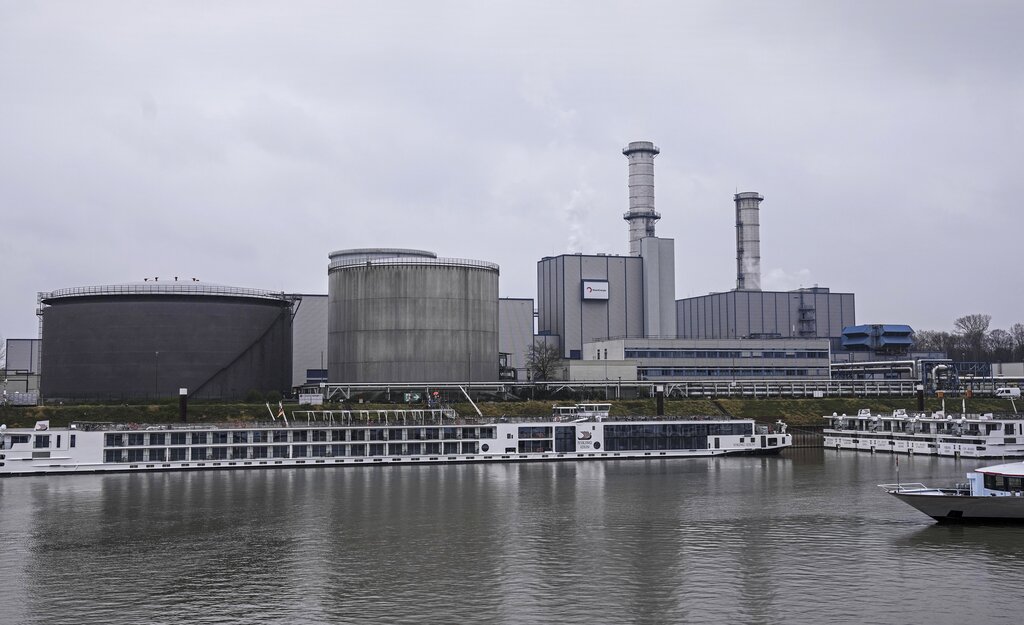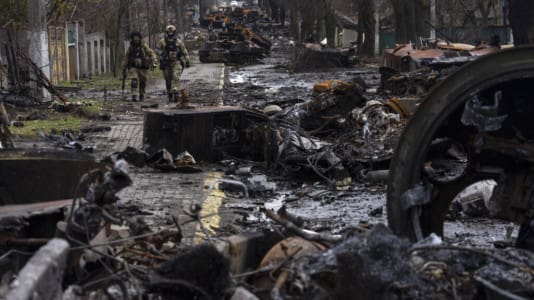The German federal government adopted regulations aimed at reducing energy consumption on Wednesday over fears the country could face a serious energy crunch in the winter. According to estimates, Germany will require 2 percent less natural gas thanks to the new initiative.
Due to the rise in prices associated with Russia’s war against Ukraine, the use of natural gas in Germany has so far decreased by approximately 8 percent. According to professional calculations, the government’s efforts to restart electricity production based on burning coal and oil instead of natural gas can result in additional savings of 3 to 5 percent.
Based on the government’s data, the recently adopted decrees, which, among other things set rules on the heating of public buildings and the lighting of monuments, could bring savings of more than €10 billion over two years.
In Germany, according to the plans, natural gas consumption will be reduced by 20 percent compared to the average of the last five years. According to the government’s hopes, the savings will be largely achieved through voluntary reductions in consumption by companies and households.
The mandatory savings rules, effective from September, focus primarily on the public sector. Thus, the decree ordered, for example, that the rooms of public buildings not being used for permanent residence must not be heated at all, and the rooms in permanent use must only be heated to 19 degrees Celsius.
Until now, the recommended minimum temperature in public buildings was 20 degrees Celsius.
They also stipulated, among other things, that decentralized — local, non-district — water heating equipment must not be used in public buildings if their operation is primarily for handwashing.
The six-month restrictions do not apply to schools, hospitals, and social institutions.
In order to gain independence from Russian energy supplies, a “nationwide effort” is needed, Vice-Chancellor and Economy Minister Robert Habeck emphasized in his statement after the government meeting, adding that “every contribution counts.”






